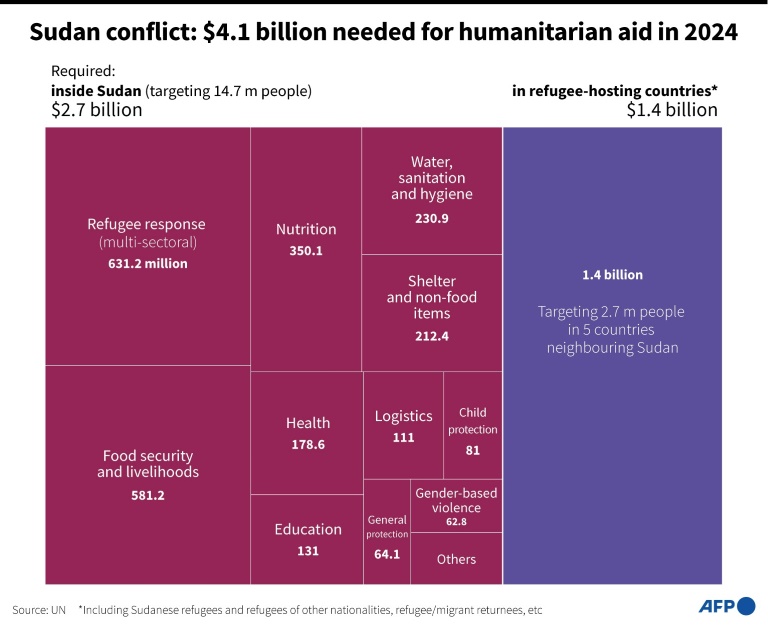The suit claimed the Centre’s actions “fall foul of, and violate of Constitution”
New Delhi:
Uncontrolled borrowing by states would affect the credit rating of the whole country and the fiscal edifice of Kerala has been diagnosed with “several cracks”, the Centre has told the Supreme Court on the issue of limits imposed on the state’s borrowing capacity.
In a note submitted before the top court, Attorney General R Venkataramani submitted that public finance management is a national issue.
Venkataramani said if the State indulges in reckless borrowing to finance unproductive expenditure or poorly targeted subsidies, it will crowd out private borrowing from the market.
“Debt of States affects the credit rating of the country. Moreover, default by any State in debt servicing would create reputational issues and will have a domino effect endangering the financial stability of the whole of India,” the note said.
The AG said uncontrolled borrowing will lead to an increase in the borrowing costs of private industries and adversely impact the production and supply of goods and services in the market.
“Increases in the State’s debt servicing liabilities as a consequence of higher borrowing by it will reduce the availability of funds for development, leading to impoverishment of people and loss of State income, and hence also loss of national income. It may also engender various social and other problems,” said the note.
Venkataramani stated that all States require permission from the Union government to borrow from any source.
He said while giving this permission, the Union government keeps in mind the overall objectives of macroeconomic stability of the country as a whole and fixes a borrowing limit for the State seeking its permission, under Article 293(4).
The borrowing limits of States are fixed in a non-discriminatory and transparent manner guided by the recommendations of the Finance Commission, he said.
The top court had earlier asked the Centre to respond in two weeks to a suit by the Kerala government accusing it of interfering in exercise of its “exclusive, autonomous and plenary powers” to regulate the state’s finances by imposing a ceiling on net borrowing.
On January 12, the top court sought the Centre’s response on the suit filed by the Kerala government.
In an original suit filed under Article 131 of the Constitution, the Kerala government has said the Constitution bestows fiscal autonomy on states to regulate their finances under various articles, and borrowing limits or the extent of such borrowings are regulated by a state legislation.
Article 131 of the Constitution deals with original jurisdiction of the Supreme Court in any dispute between the Centre and states.
The suit referred to the letters dated March 27, 2023 and August 11, 2023 issued by the Centre, through the Ministry of Finance (Public Finance-State Division), Department of Expenditure, and the amendments made to section 4 of the Fiscal Responsibility and Budget Management Act, 2003.
It alleged that the Centre “seeks to interfere with the finances of the state by (i) imposing a net borrowing ceiling on the plaintiff state in the manner deemed fit by the defendant Union, which limits borrowings from all sources including open market borrowings…” It also gave the figure of dues as on October 31, 2023 which had accumulated over the years because of the financial constraints stemming from the ceiling imposed by the Centre on borrowing.
It said the suit “squarely raises a dispute as to the right, power and authority of the defendant Union (of India) to interfere with the exclusive, autonomous and plenary powers of the plaintiff state to regulate its own finances under several provisions of the Constitution”.
The suit claimed the Centre’s actions “fall foul of, and violate the federal structure of the Constitution”.
It said the borrowing limits or the extent of such borrowings are regulated by the Kerala Fiscal Responsibility Act, 2003 as amended from time to time.
The suit said the ability to determine the borrowing of the state in order to balance the budget and make up for the fiscal deficit is exclusively within the domain of the states.
(Except for the headline, this story has not been edited by NDTV staff and is published from a syndicated feed.)






